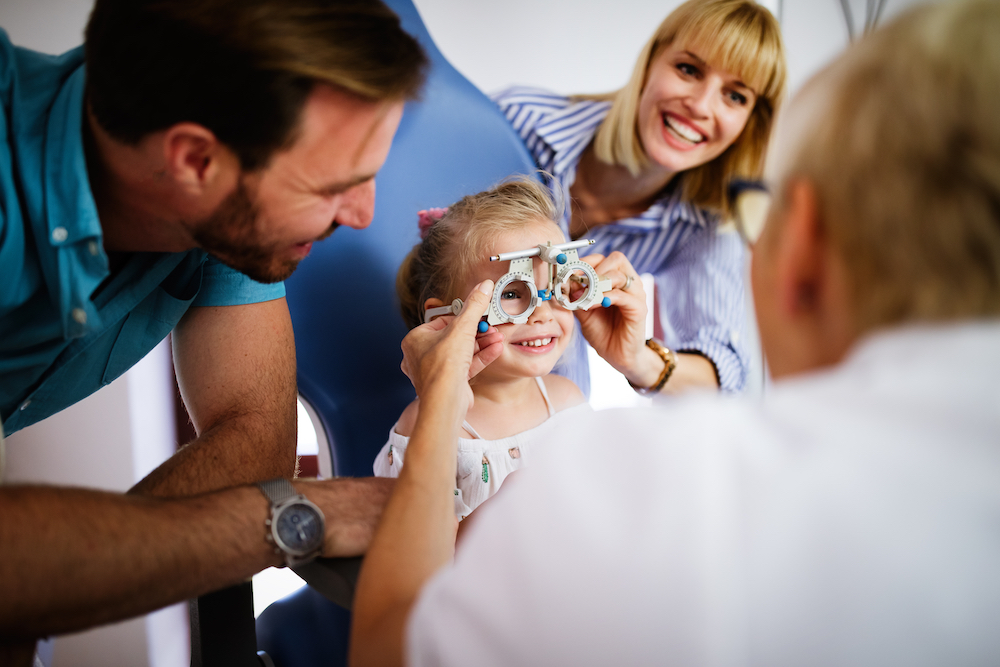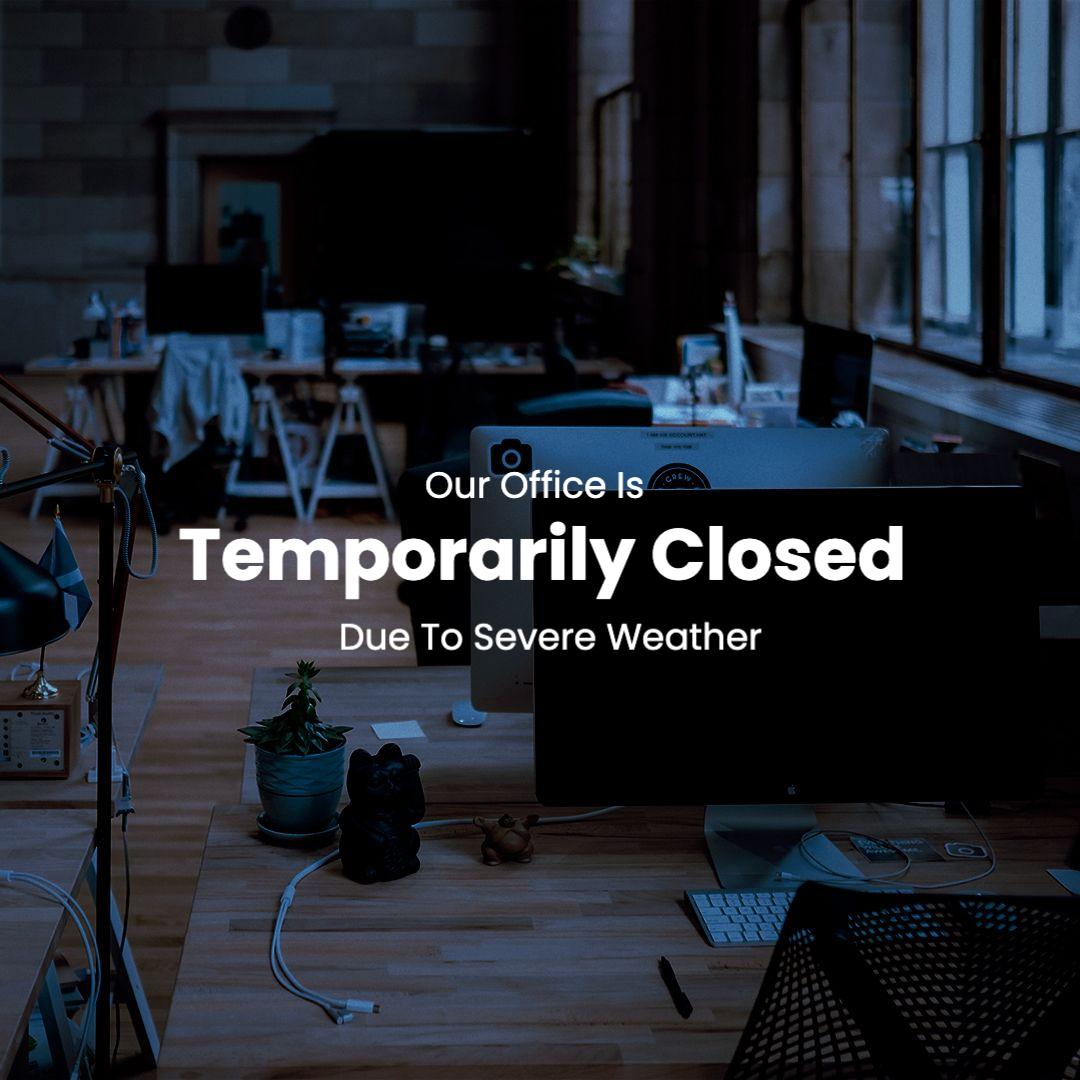
Are you looking for ways to set up your little one for academic and social success? If so, you should think about their vision, even if you see no apparent issues. The American Optometric Association estimates that as much as 80 percent of children’s learning occurs through their eyes.
Importance of Comprehensive Pediatric Eye Exams
Are pediatric eye exams for babies and toddlers necessary? After all, they cannot read an eye chart or say when they have a vision or eye problem. Also, pediatricians typically conduct a vision screening at children’s annual physicals.
However, it would be best if you understood that these brief screenings are not a substitute for a comprehensive exam performed by a pediatric eye doctor. These medical professionals use specific diagnostic and clinical equipment and assessments to determine a child’s visual abilities and ocular health.
Many learning skills require various visual skills. These include accurate eye movement, binocular vision, good distance vision, etc. That is why eye care professionals recommend that kids undergo their first eye exam early.
It is essential not to delay comprehensive eye exams for your child because some early eye conditions can affect their vision for life. Identifying a minor problem early will prevent it from becoming more severe and harder to treat.
When Do Kids Need Their First Pediatric Eye Exam?
Eye care professionals recommend a comprehensive eye exam by a pediatric eye doctor by age one. Children with no evident eye problems should have another examination before kindergarten. Those at risk of having vision irregularities should undergo a comprehensive exam at the same age or earlier or as often as an eye doctor suggests.
Why Your Child May Need an Eye Exam Much Earlier
The AOA estimates that standard vision screenings miss up to 75% of kids with vision issues. Furthermore, they give less than 4% of the information provided by a comprehensive eye examination.
Due to the importance of good vision in learning, some states require a detailed eye exam for all kids entering school for the first time. Some of the reasons why kids as young as infants should undergo exams much earlier include the following:
They failed a vision screening
They have a vision complaint
A school nurse or pediatrician referred them
Their vision screening was inconclusive
They have evident abnormal visual behavior
They have a family history of eye problems like misaligned eyes, lazy eye, refractive errors, or severe eye disease
They have a neuropsychological condition, developmental delay, learning disability, or behavioral issue
Tips to Help You Ensure Your Child Has the Best Eye Care
Do not wait for your child to start school
See a pediatric eye doctor
Consider your family history
Go with your gut
Conclusion
Pediatric eye exams are crucial because, most of the time, kids do not even notice vision changes. So, your child may be struggling with an undiagnosed vision issue. Schedule a comprehensive pediatric eye exam to ensure your child has comfortable and clear vision.
For more information on pediatric eye exams, contact San Marcos Vision Center at our San Marcos, Texas, office. Call (512) 890-0660 to schedule an appointment today.

 Specialty Contacts
Specialty Contacts





